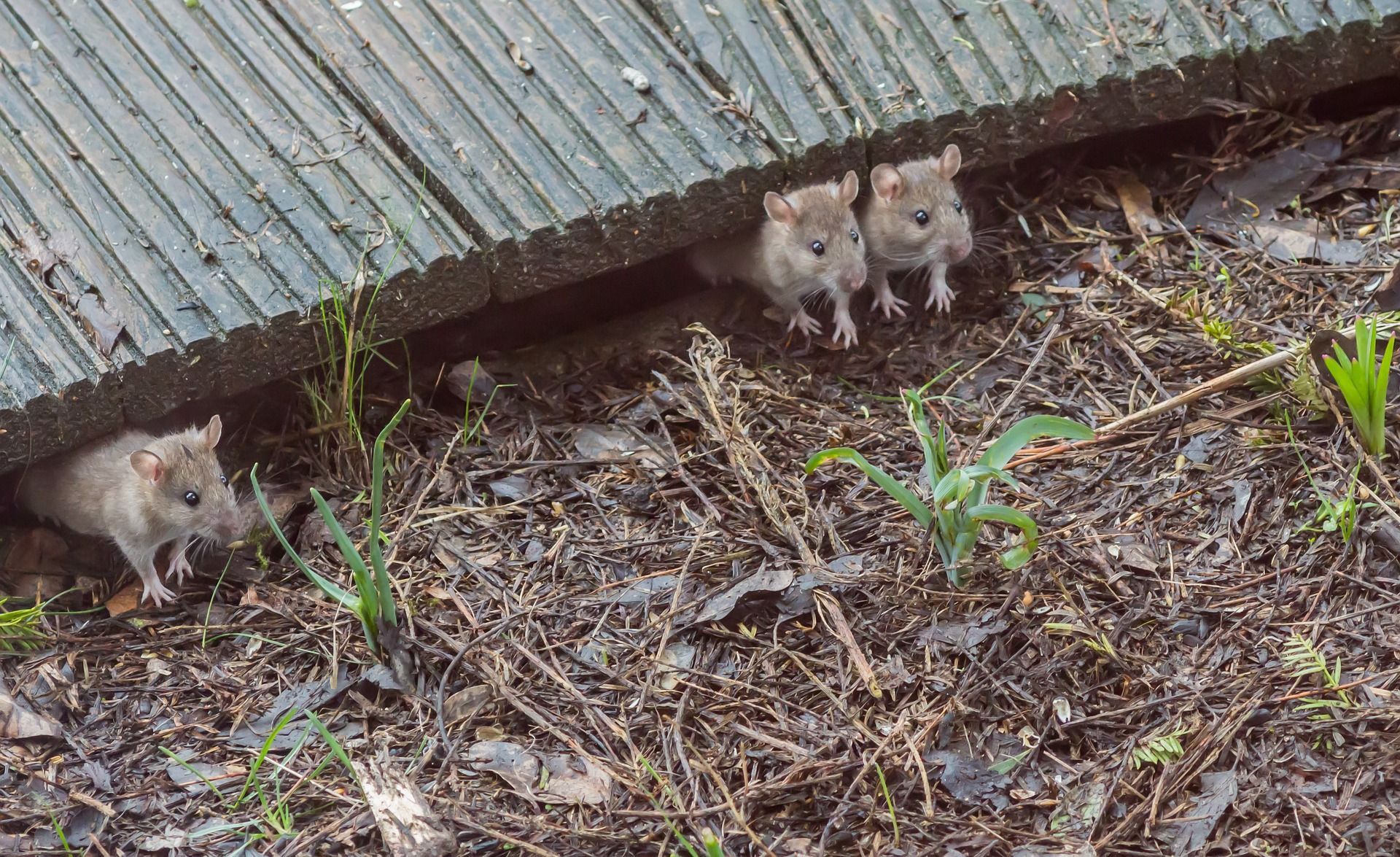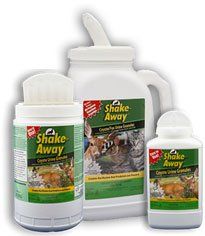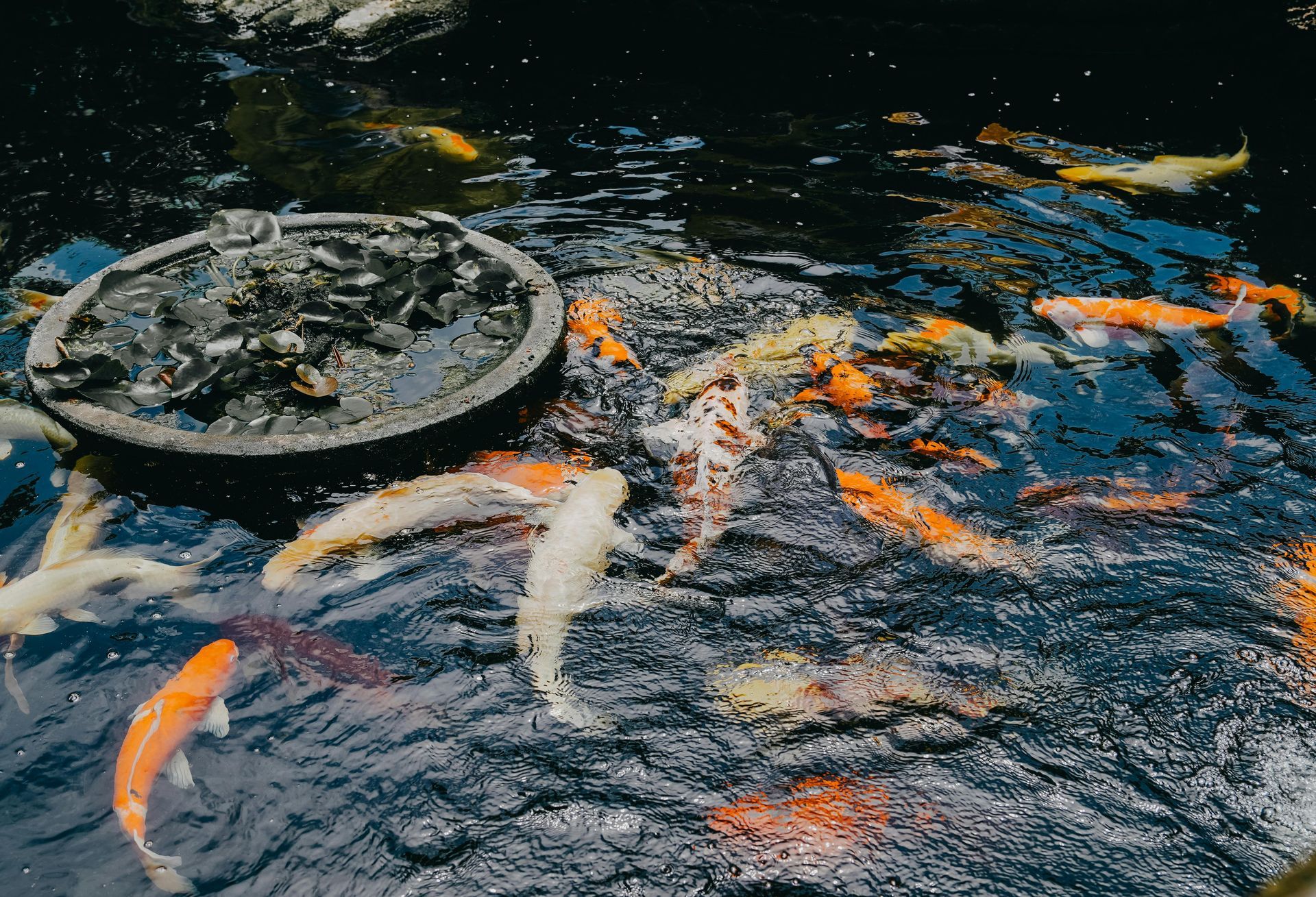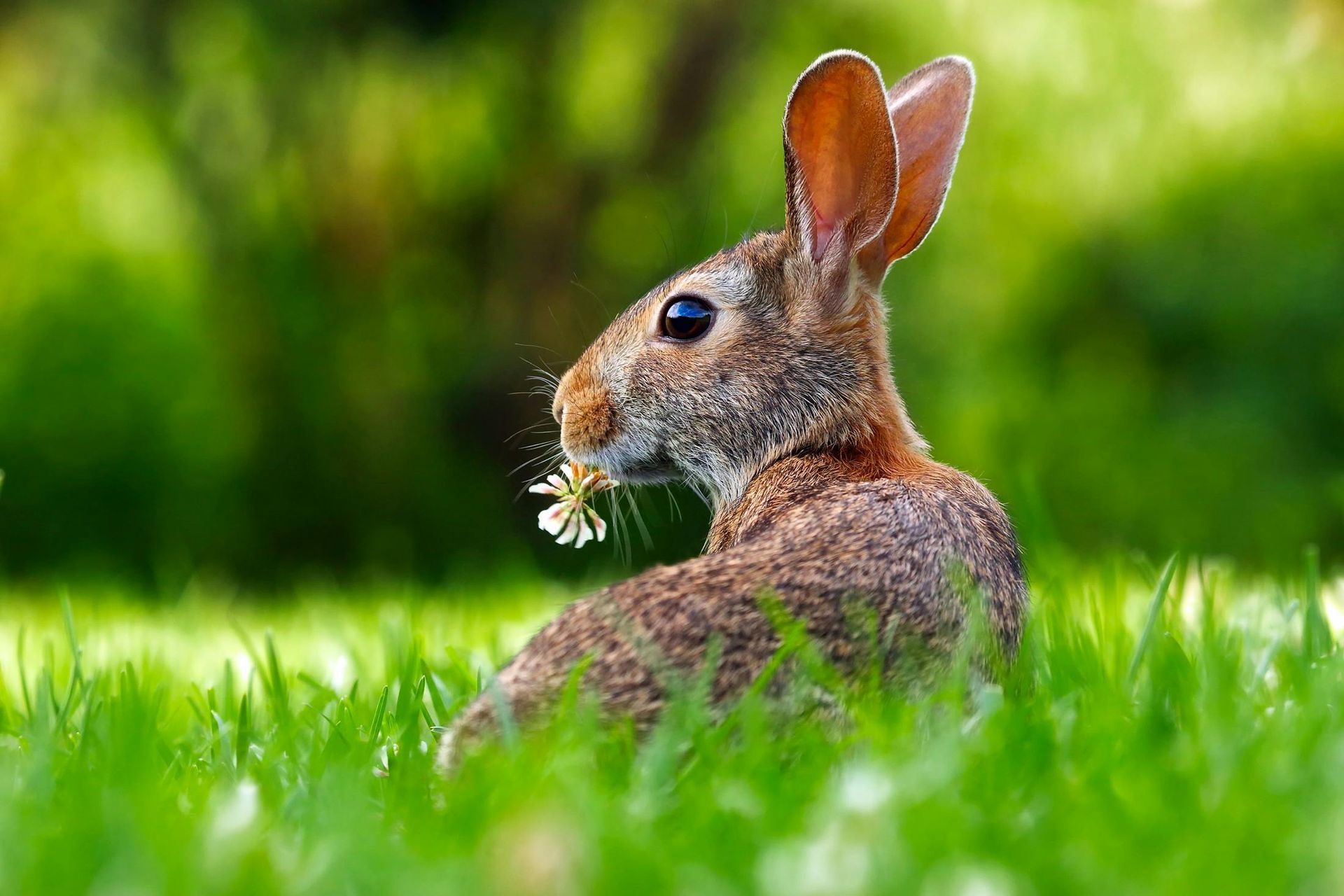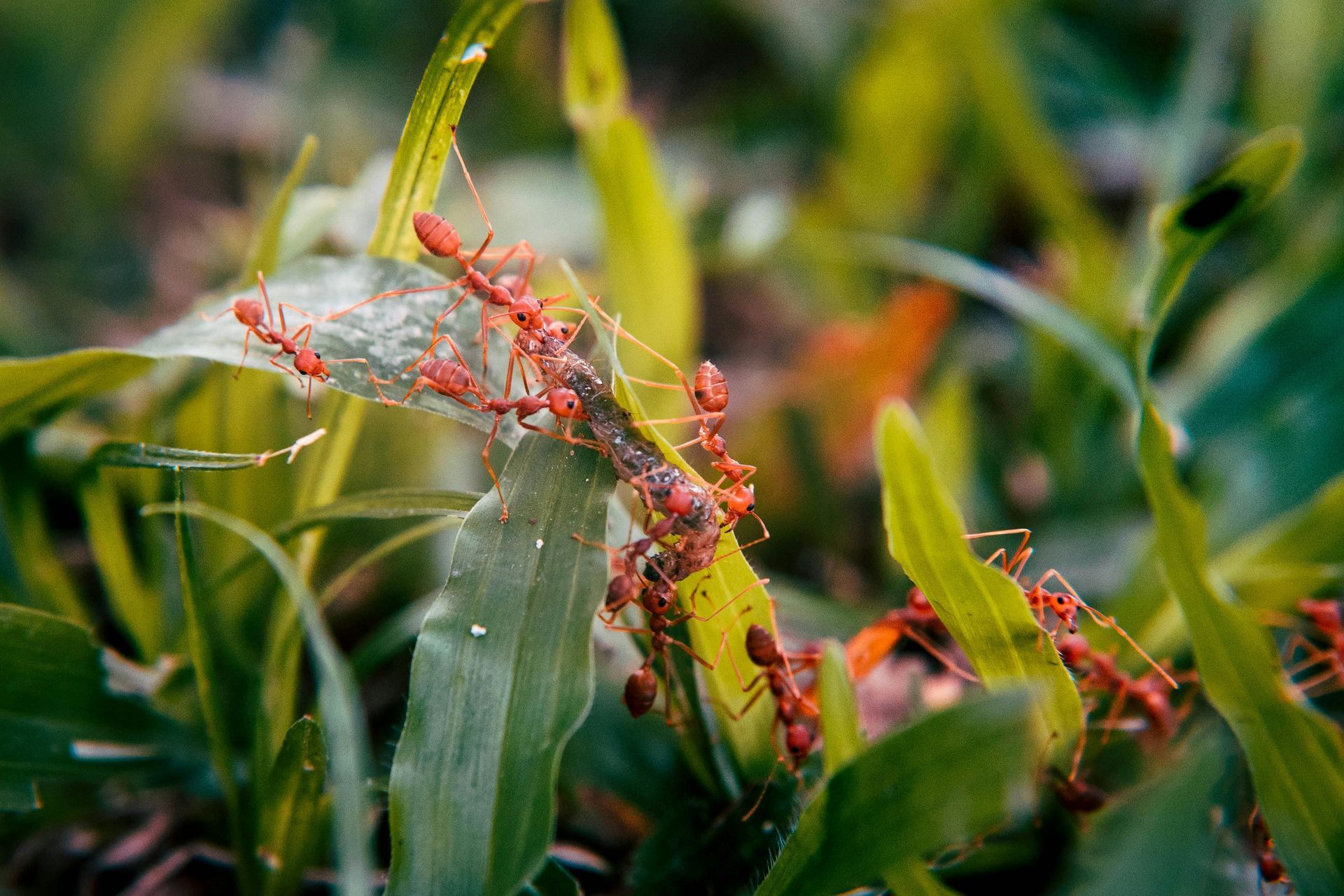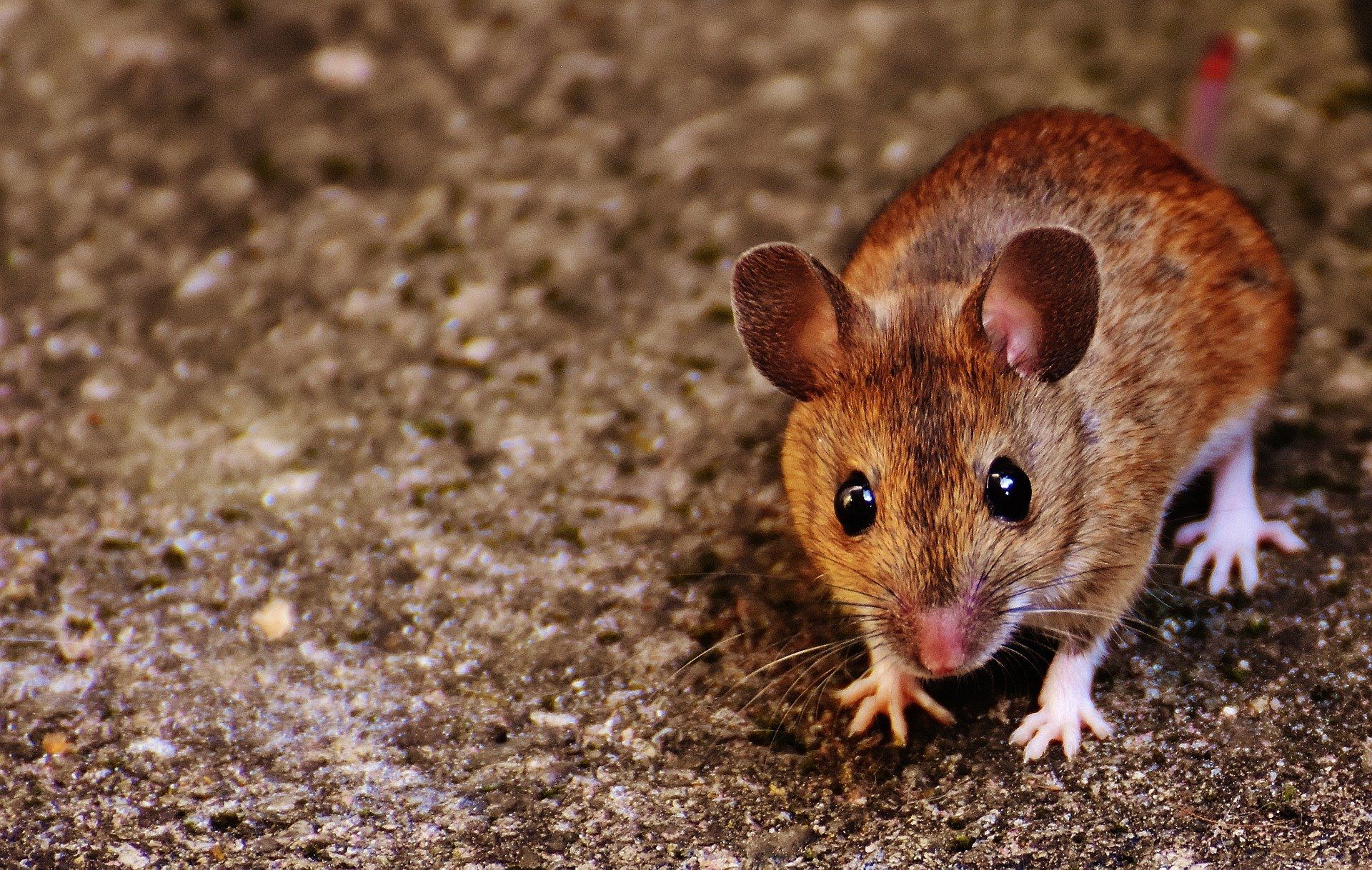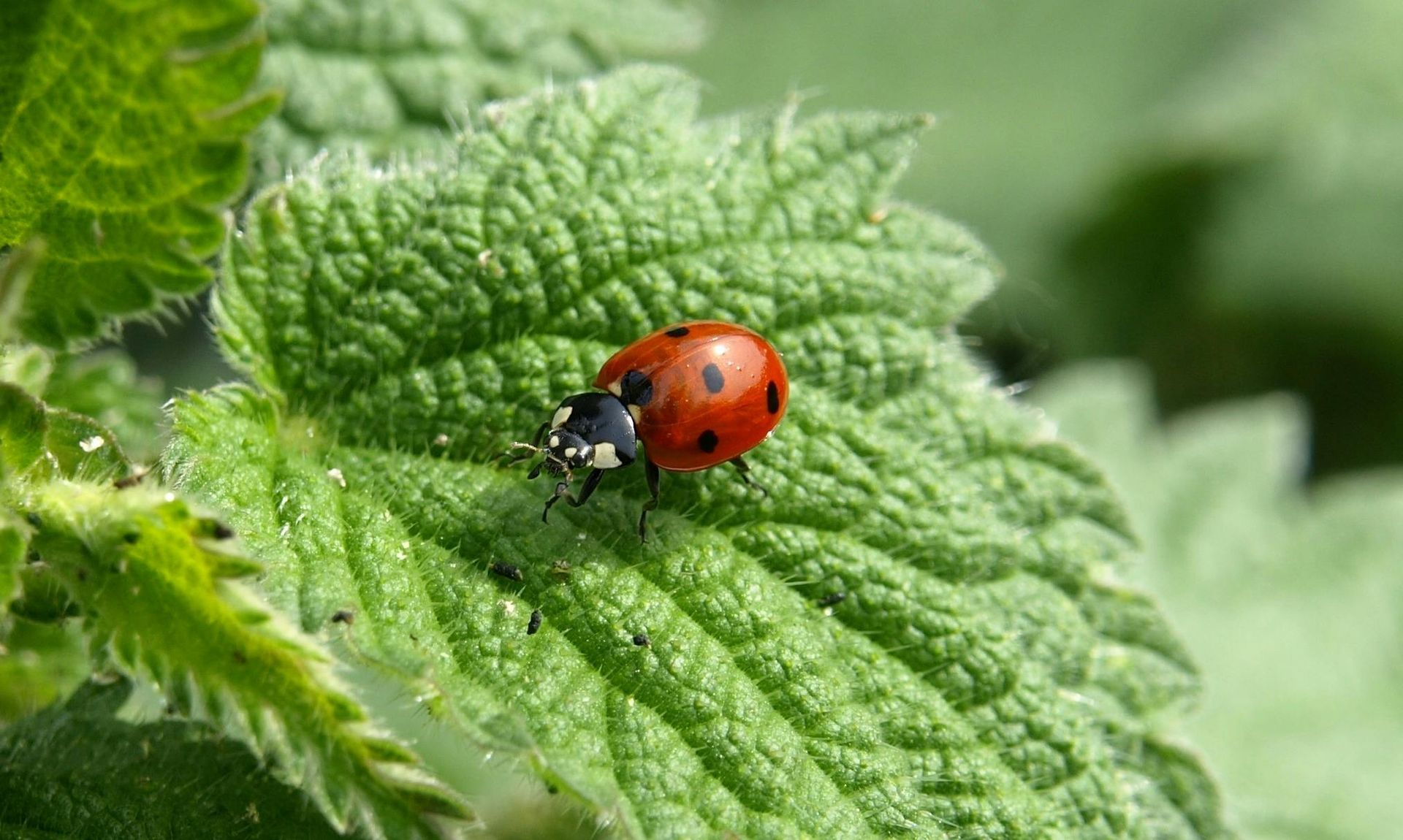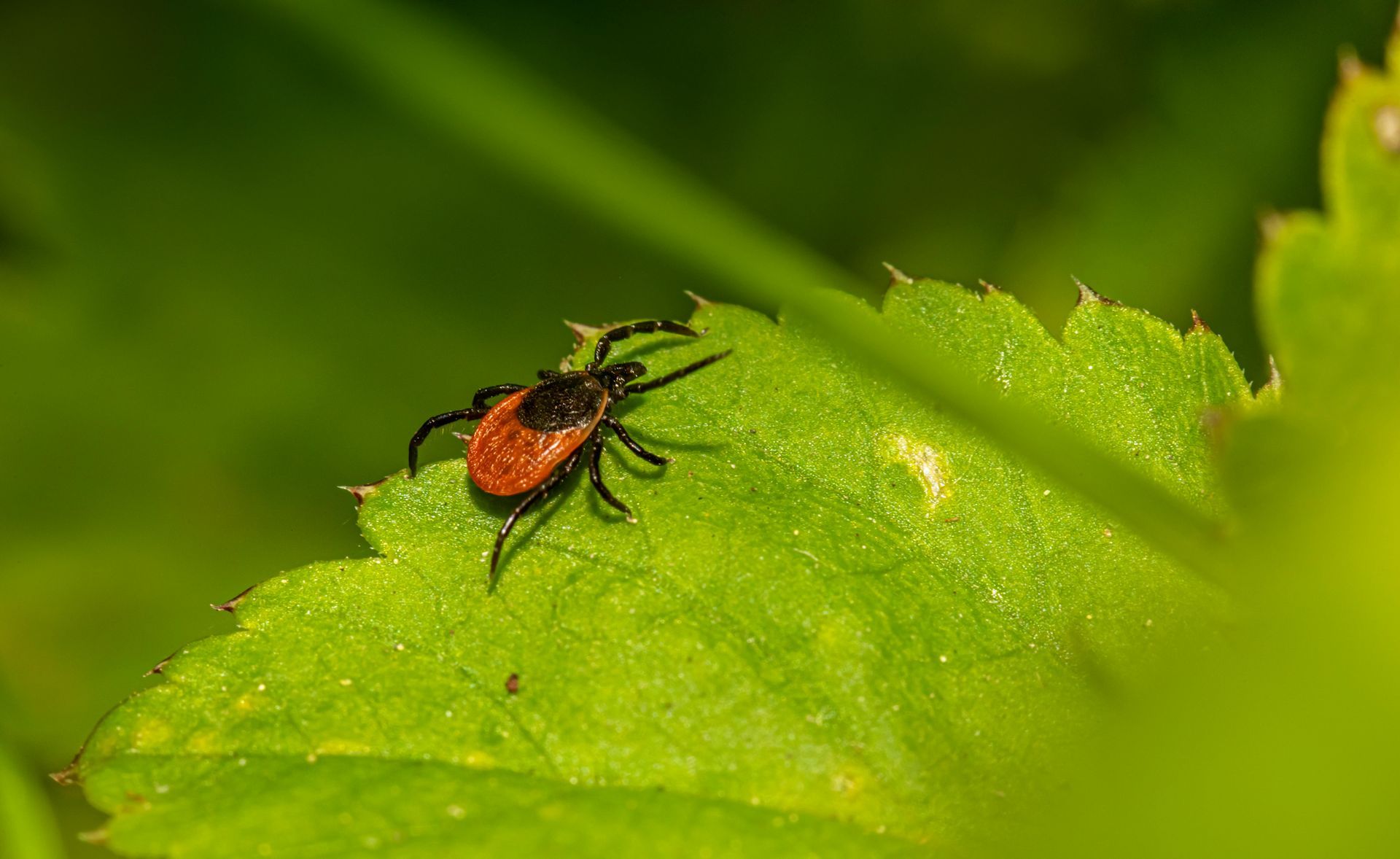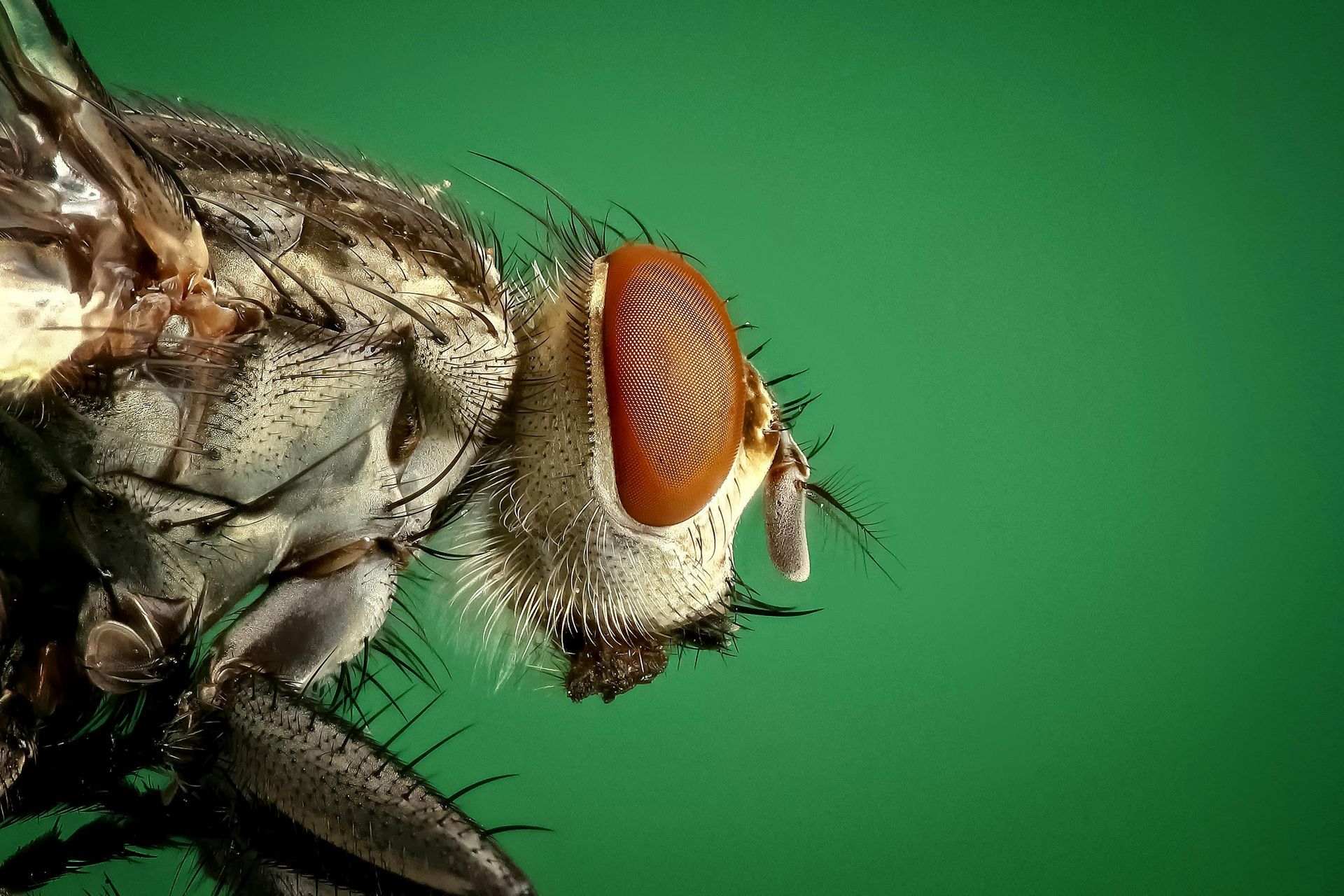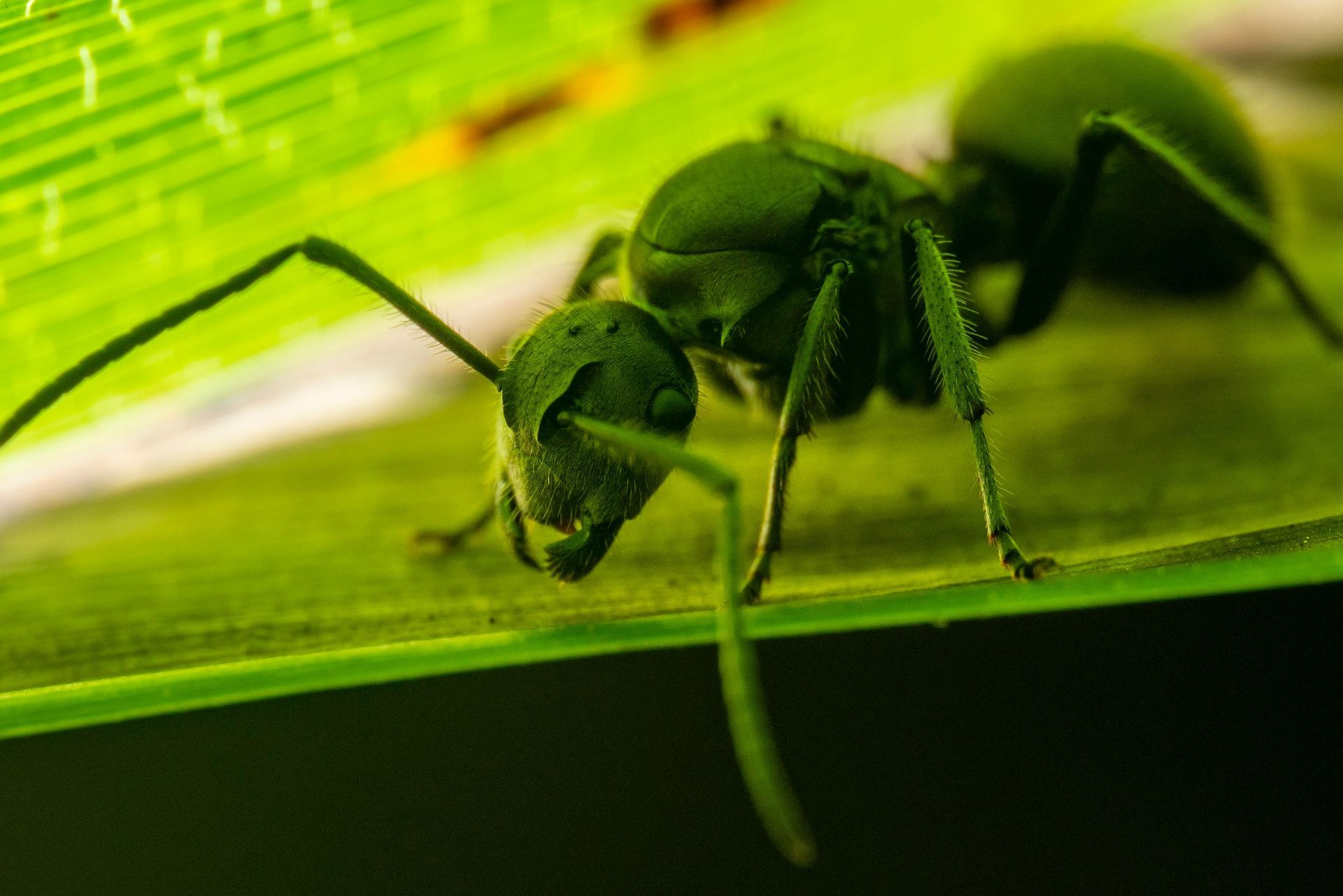Tips for Growing a Rose Garden
Let’s Garden Smarter, Not Harder!
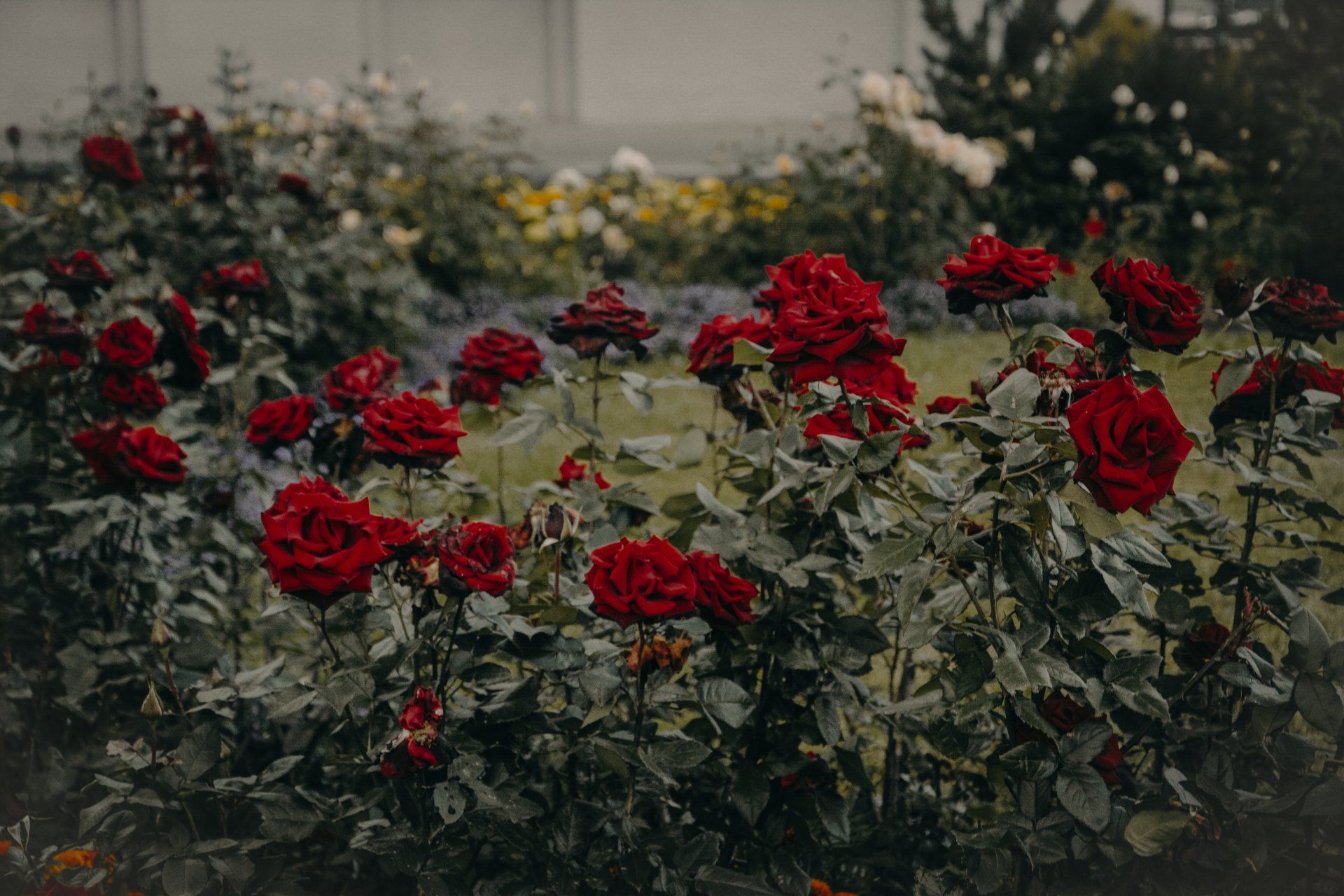
Growing a beautiful rose garden can be the most satisfying and most frustrating gardening adventures. Make it a bit easier with these tips.
Roses, the Queen of Flowers are romantic, beautiful, and haughty–in a poetical way. These classic perennials can spruce up any setting. Follow these steps to create a scented bower, line your backyard with roses, drape roses over arches, or make blossoming walls.
Tip 1 – Find the Right Site
Plant your rose bushes in an area that gets at least six hours of sunlight daily as this plant craves sun. Planting roses takes a lot of preparation. Don’t plant the garden in an area where water pools. That could lead to disease, fungi, and root rot.
Tip 2 – Prepare the Soil
Make sure the soil is rich and well-drained. It shouldn’t be too thick or clayey. To test, pour water into it and see how long it takes to drain. You can also add plenty of peat moss or compost to it.
Tip 3 – Select Roses
You should take a look at your hardiness zone to have a better idea of which rose varieties will survive easily in your garden. Choose the hardy and low-maintenance ones from the wide variety. While you’re at it, consider also the type of garden you want to plant and your space.
The rose bush should have at least one blooming rose. This way, you are already aware of the petal color and that the rose bush will be fragrant. For instance, climbing roses tend to sprawl and produce many blooms, so you will be spared the need to prune your rose bushes regularly.
Tip 4 – Begin Planting
Roses are best planted in spring and fall. When digging the hole, make sure it is about two times wider than your plant's root ball, but about the same height. Don’t make your garden too crowded. Space your rose bushes at least 3 feet apart to allow ample room as they mature.
Tip 5 – Apply Water and Mulch
After planting your roses, apply mulch over the plant base. Soil should be moist but not saturated. You will not need to water your roses during the rainy season, but in the summer be sure to water your rose garden up to 3 times a week—especially if you spot yellow leaves on your plants.
Tip 6 – Keep the Garden Healthy
You shouldn’t have trouble taking care of your blooms, especially if you don’t have hungry pests around. Also, be sure to plant your roses at a distance from any trails or walkways in your garden, so the thorns don't snag you as you walk by.
You should prune your plants every spring, remove dead leaves whenever you can, and cut spent blooms throughout the season.
Unfortunately, several destructive pests seem just as eager to turn your budding success into disappointment. Controlling rose pests isn't difficult when you learn to recognize the pests and respond effectively. With Critter-Repellent Packs, you can stop pests and their damage, and stay on track for rosy rewards.
Watching your own garden roses progress from tight green buds to fragrant, luxuriant blooms is an experience brimming with anticipation.
Critter Repellent All Natural Animal Repellent Blog
